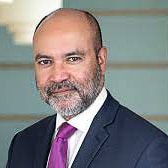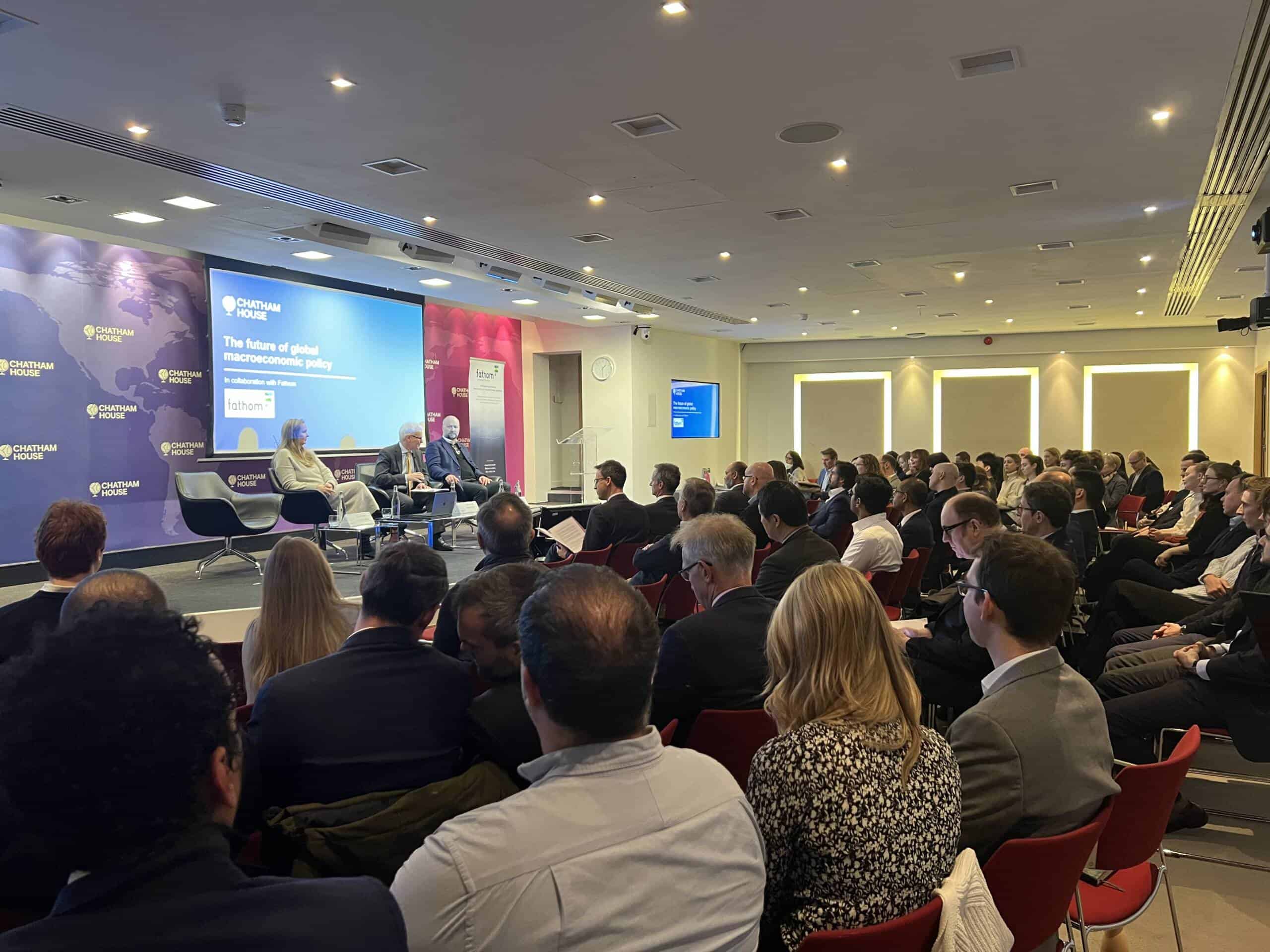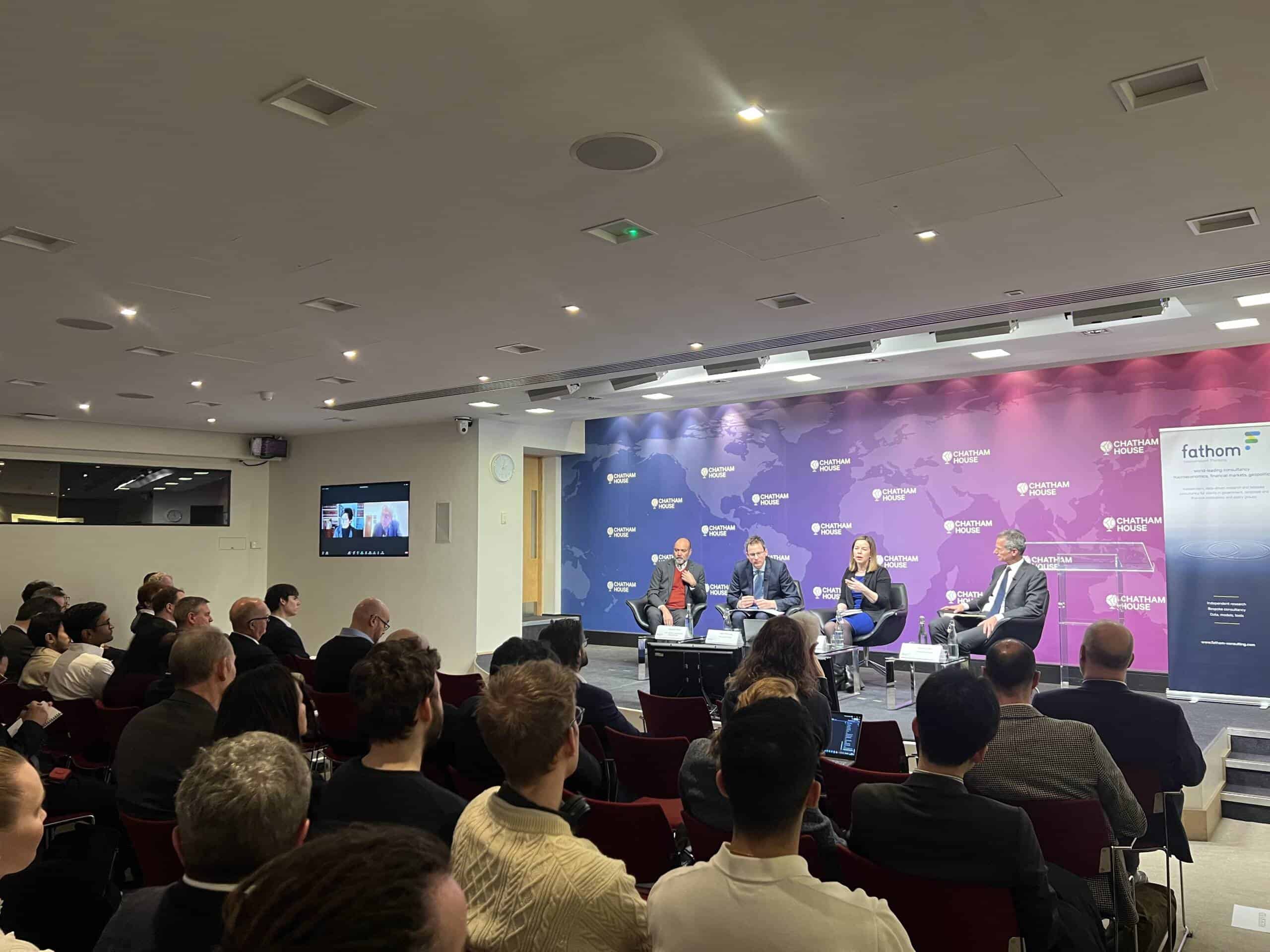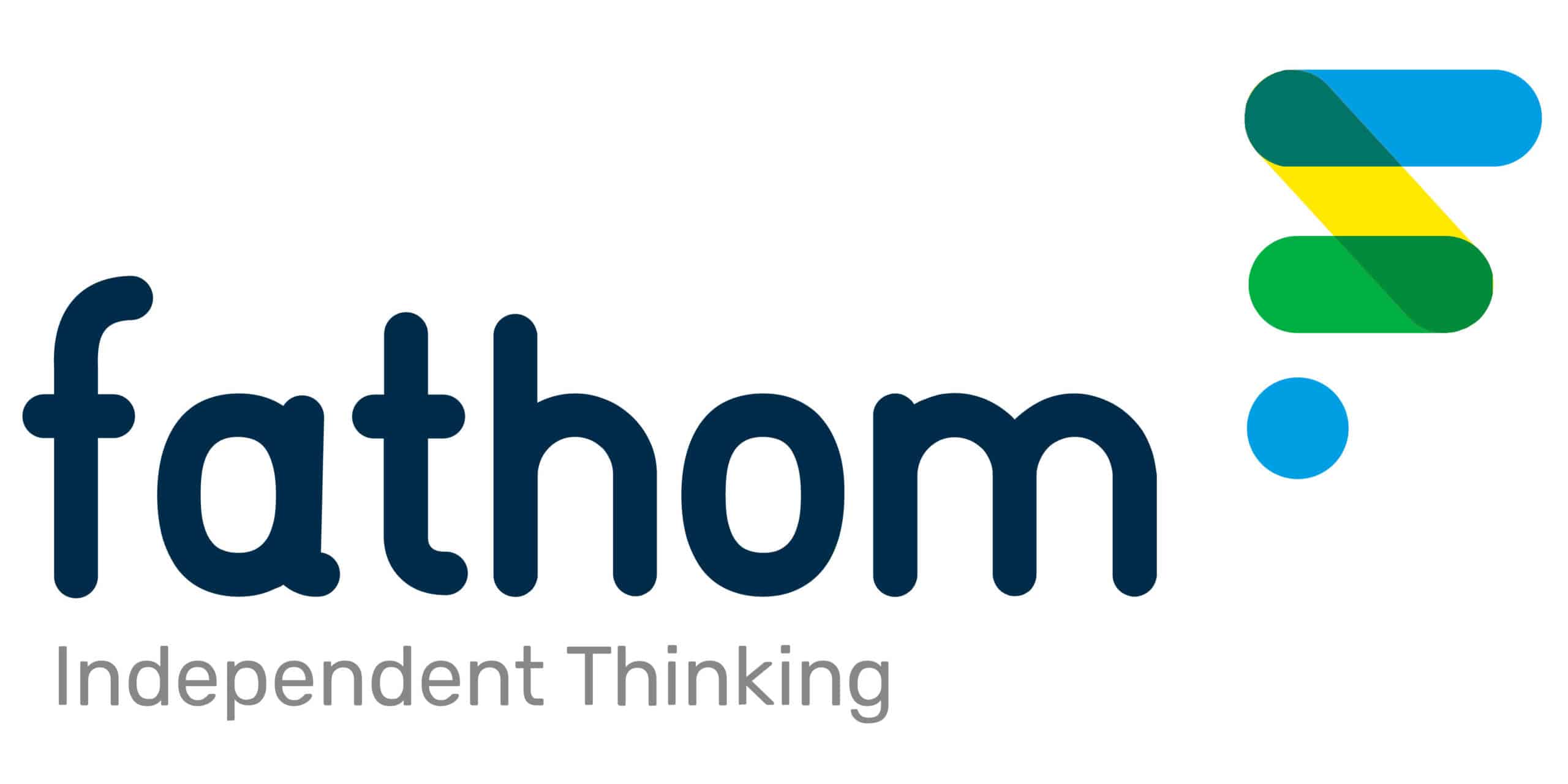
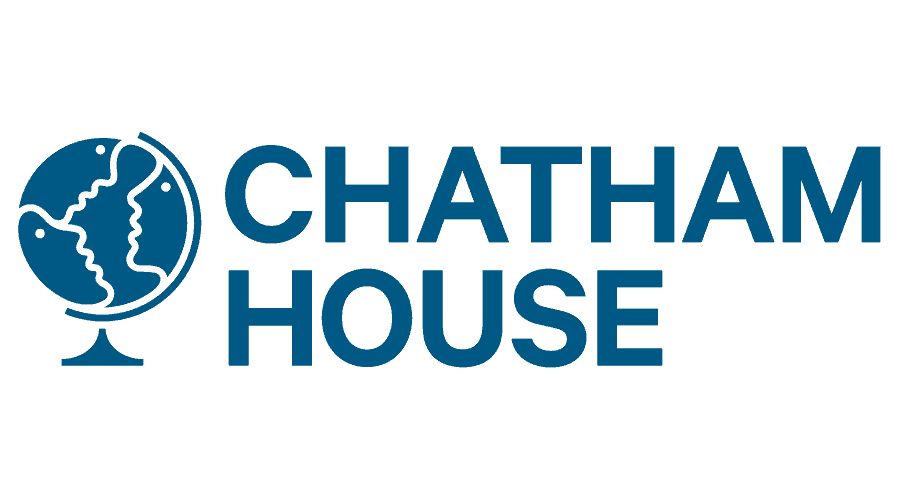
The world economy is facing enormous pressures: the aftermath of the pandemic, rising geopolitical tension between the west and China, the accelerating impact of climate change, and the roll out of powerful new technologies; particularly AI. Against this background, the 2021-23 global inflation shock has already raised serious questions over the consensus on monetary, fiscal and macroprudential policy that was first developed in the 1990s and updated after the global financial crisis.
Erik Britton, Managing Director/CEO of Fathom Consulting, kicked off the session making the argument that the macro policy framework that has prevailed across most advanced and many emerging economies for the last two or three decades must be judged a failure. Time to rip it up and start again.
Creon Butler, Director of the Global Economy and Finance Programme at Chatham House, responded with the counterview that, while the consensus macroeconomic framework needs to evolve, and evolve quickly, its fundamental principles still hold true.
This was followed by an expert panel discussion and questions from the audience.
Panel agenda
- What does the global inflation shock and other recent events tell us about whether the consensus global macroeconomic framework is fit for purpose?
- Does it need reform and evolution, or a complete rethink?
- Regardless of what should happen, what is likely to happen over the next two to three years?




